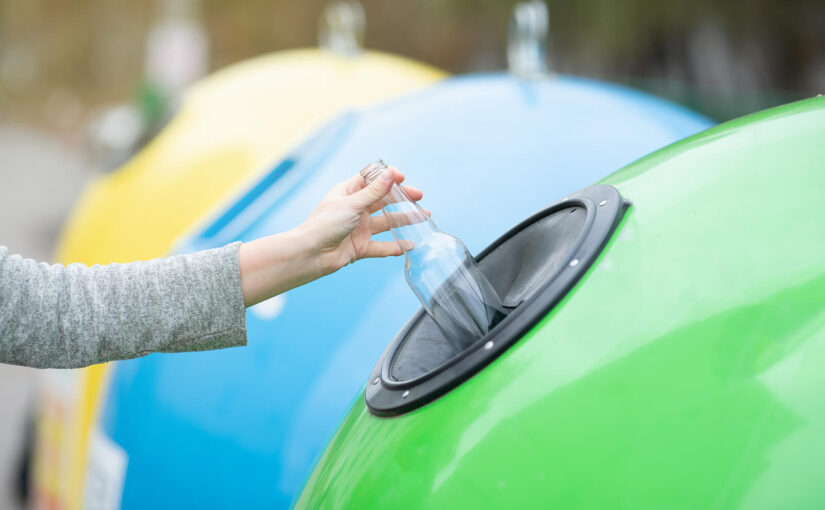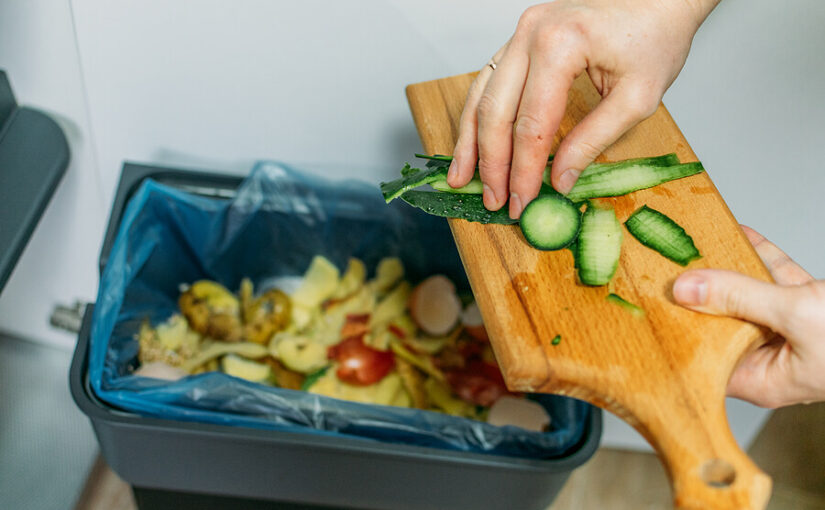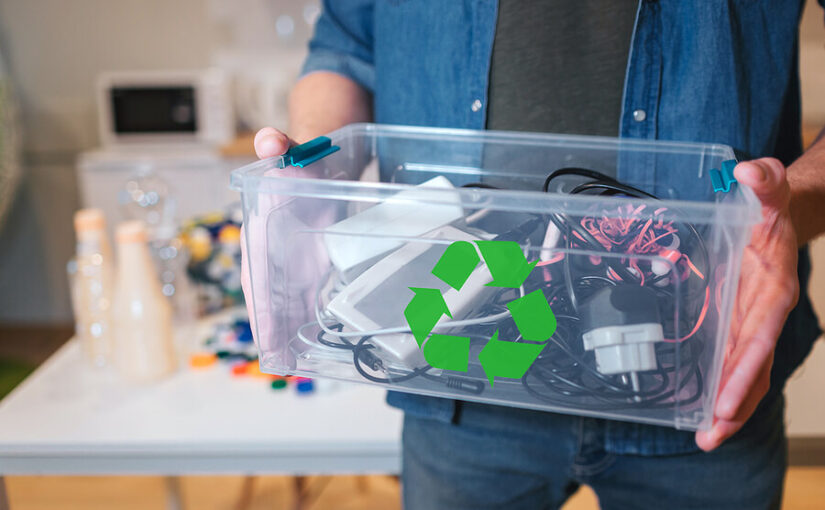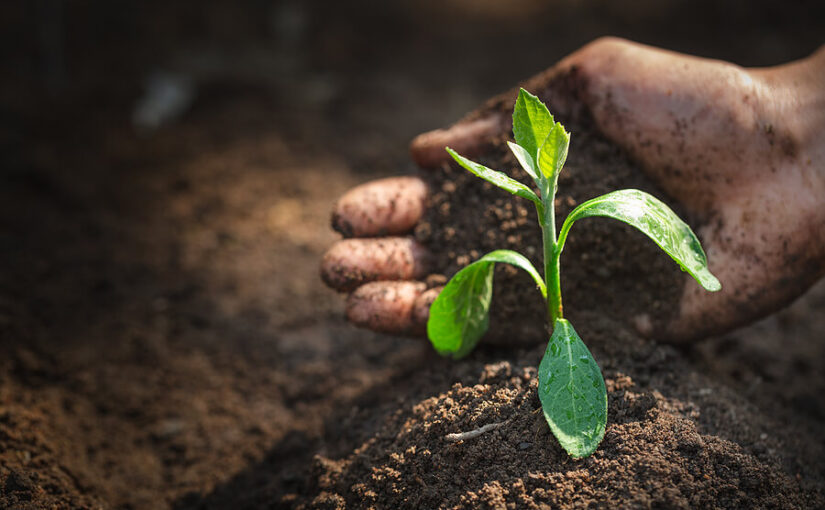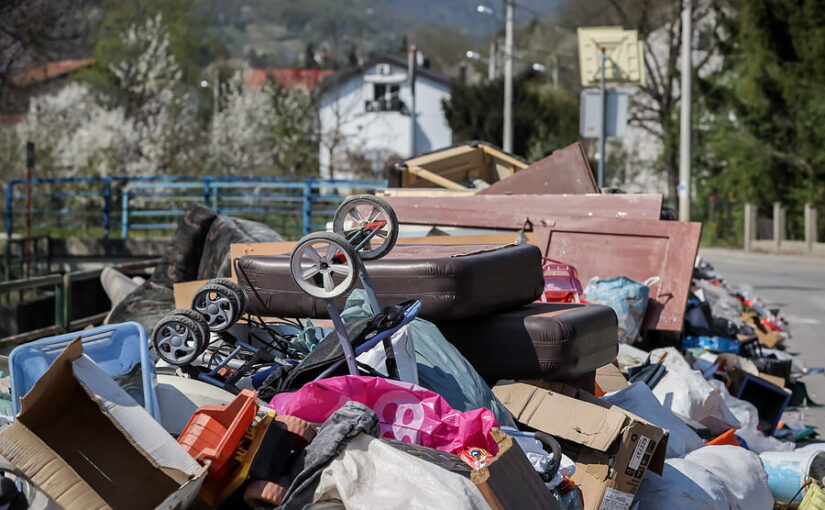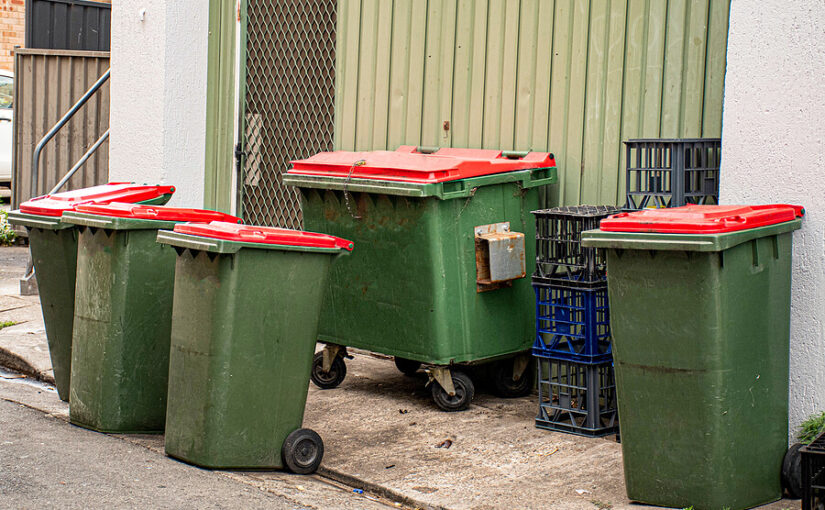We talk a lot about waste and recycling on our blog, and we wanted to go back to basics this month and talk about why recycling is important.
With recycling being such a common occurrence nowadays, it sometimes feels like the reason behind it has been lost over time.
So, in this blog post, we’ll take a look at the reasons behind us all separating our recyclables from our general waste.
If you don’t currently recycle and want to know why you should, this is certainly the perfect read for you too!
